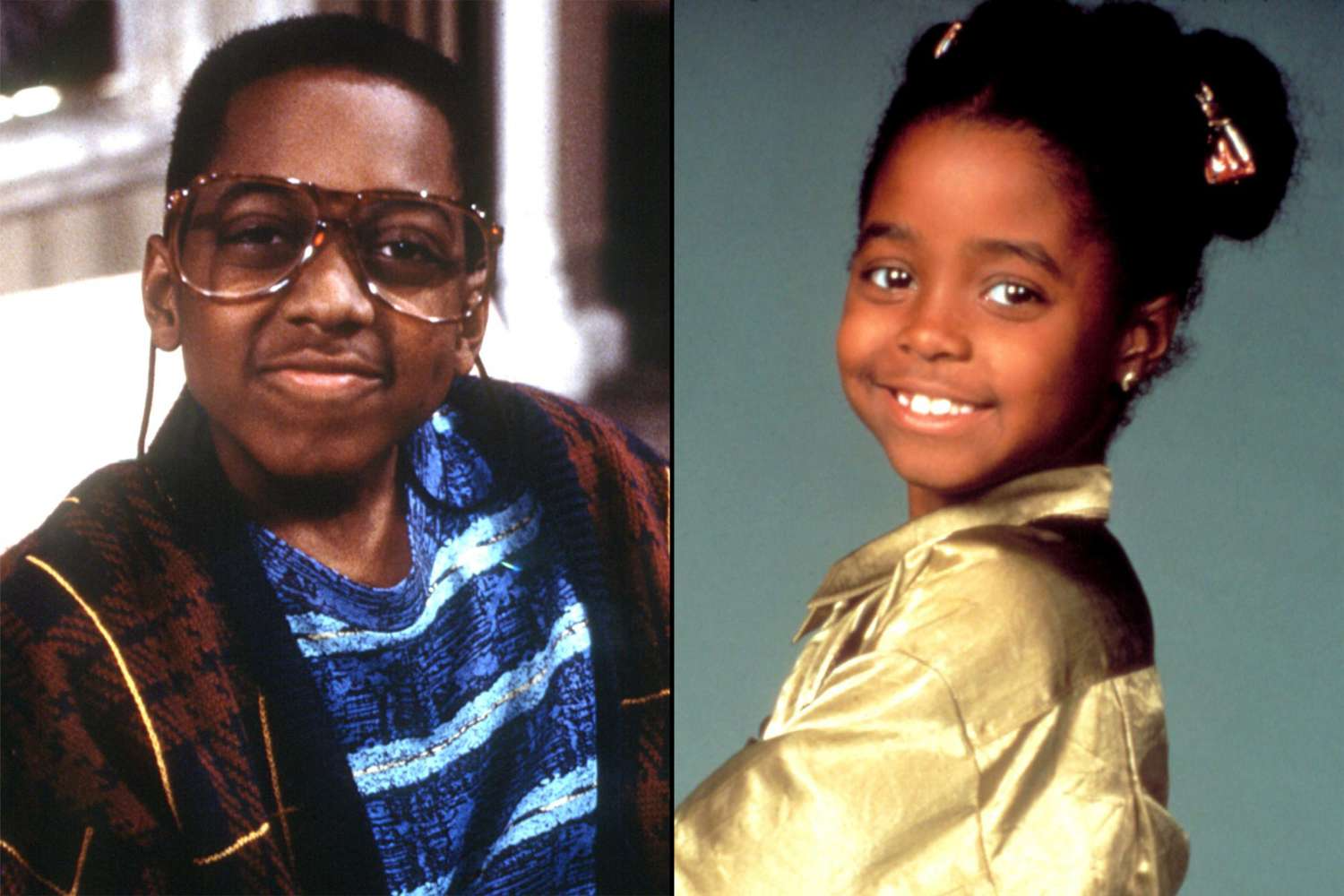
The Cosby Show wasn’t just a television show – it was a cultural phenomenon. Premiering in 1984, this sitcom didn’t just entertain; it reshaped the landscape of television forever. At its heart, The Cosby Show was about family, love, and life in a modern American household. However, it also played a crucial role in redefining what audiences thought they knew about race, family dynamics, and representation on television.
When Bill Cosby, the creator and lead star, pitched the idea for the show, it was considered revolutionary. For the first time, American viewers were invited into the lives of a successful, upper-middle-class African-American family. Dr. Cliff Huxtable, played by Bill Cosby, was not the stereotypical black character audiences were used to seeing in the media at the time. He wasn’t a criminal, a comic relief, or a sidekick; he was a respected doctor and a loving father with a strong moral compass.
The show portrayed Dr. Huxtable’s wife, Claire (played by Phylicia Rashad), as an accomplished lawyer who balanced her professional and personal life with grace. Together, they raised five children—Sondra, Denise, Theo, Vanessa, and Rudy—who were often at the center of various life lessons, challenges, and funny family moments. The show didn’t shy away from tackling real-life issues like adolescence, academic struggles, relationships, and social pressures, but it did so with humor and warmth.
This portrayal of African-American success in an era where stereotypical roles were still dominant in the media was revolutionary. The Huxtables weren’t just surviving—they were thriving. This resonated with millions of viewers who had rarely seen such a dynamic, complex family on television. The Cosby Show broke barriers and set a precedent for diverse representation that continues to shape the industry today.
What makes the impact of The Cosby Show even more impressive is that it wasn’t just about breaking down racial barriers. It also provided a fresh perspective on family values, education, and parenting. The Huxtable family, while fictional, became a model for many American families, proving that love, respect, and discipline could coexist with humor and joy.
Even decades after the show ended, The Cosby Show remains an essential piece of TV history. It paved the way for other shows featuring African-American families, like The Fresh Prince of Bel-Air and Black-ish, and its impact on the portrayal of diverse families in television continues to be felt today.
